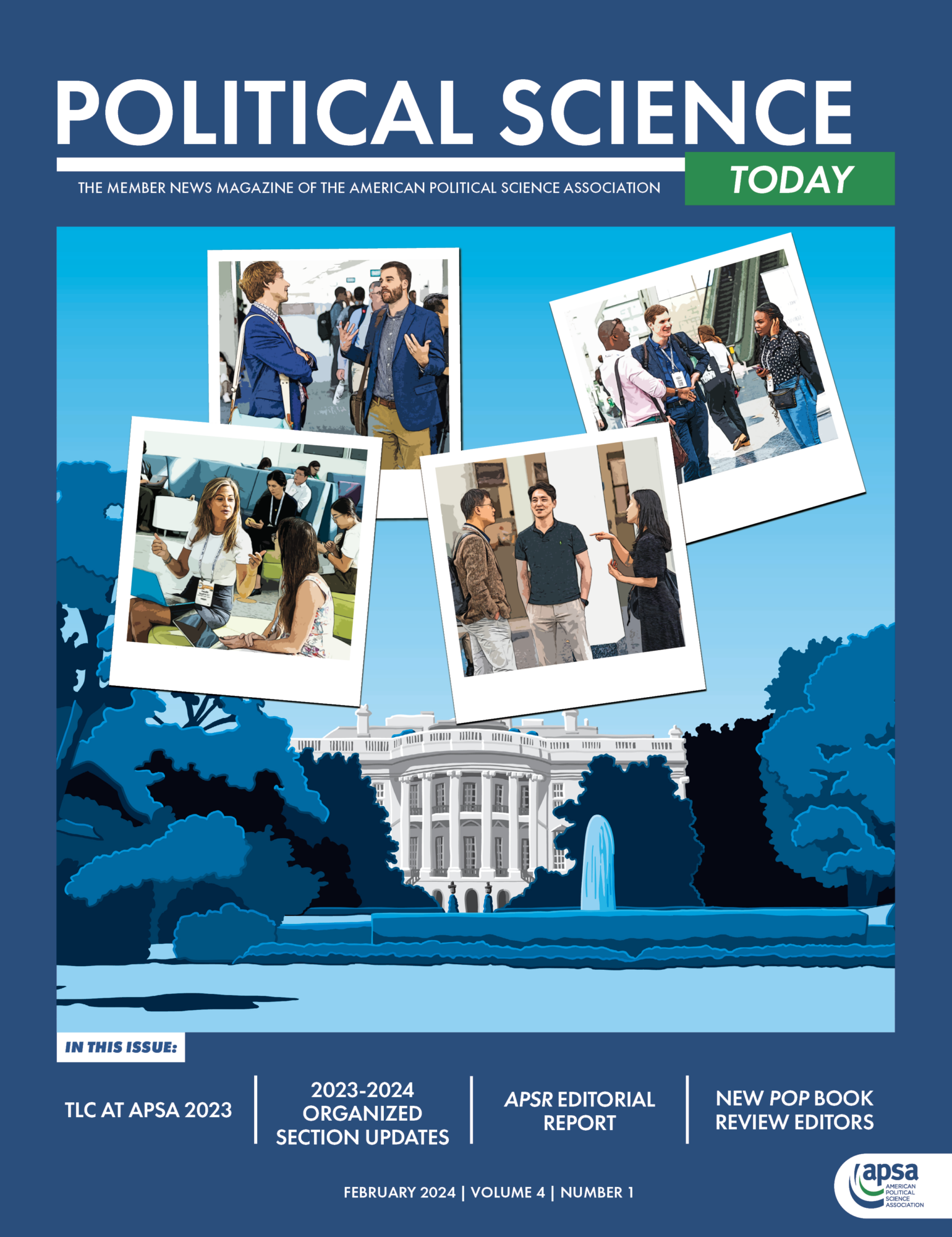Teaching Political Science at a Community College: Resource Set One
LaTasha DeHaan, Elgin Community College
The Center for Urban Education at the University of Southern California explains that the term equity-mindedness “refers to the perspective or mode of thinking exhibited by practitioners who call attention to patterns of inequity in student outcomes (Center for Urban Education 1, 2022).” See: U.S.C. Center for Urban Education: What is Equity-mindedness?
Dr. DeHaan utilized the syllabus review guide created by the University of Southern California’s Center for Urban Education. See: CUE Syllabus Review Guide and Syllabus Review Tool PDF to deconstruct her POS 152 Principles of Political Science, political theory course and reconstruct it to be more equity-minded. The syllabus review guide asks instructors to deconstruct their syllabi in order to assess areas where they can demystify policies and procedures, be welcoming in their approach, validate students and their potential for success, create partnerships with students and lastly represent the value that lies in considering a diversity of backgrounds, experiences and approaches in our teaching methods, student activities and course materials.
A Teaching, Learning and Student Development (TLSD) team at Elgin Community College created an equity-minded syllabus template that is available to all faculty at the College to use. This syllabus template was informed by CUE’s equity-minded syllabus review guide. There were also efforts made to ensure that the syllabus template was accessible. See: ECC’s TLSD Syllabus Templates In addition to utilizing ECC’s TLSD syllabus template, faculty members at ECC are encouraged to implement further strategies in CUE’s syllabus guide and equity minded framework into their courses. Dr. DeHaan utilized ECC’s syllabus template and CUE’s syllabus guide to institute equity minded practices into her POS 152: Principles of Political Science syllabus language, policies and procedures, course learning outcomes and course content.
The reconstructed equity-minded syllabus for POS 152: Principles of Political Science is as follows: DeHaan Principles of Political Science Syllabus – ECC.pdf
Please review CUE’s syllabus guide for the key and explainers for the equity minded labels identified on the POS 152 syllabus. They are found on pages 12 – 13. See: USC’s CUE Syllabus Guide
Amongst other additions, the syllabus was reconstructed to:
- Offer welcoming and validating language to affirm the value of diverse perspectives and the importance of students’ contributions to the course
- Explain policies in order to demystify course-related and College related processes and procedures
- Embed diverse images of political philosophers that represent the diverse student body
- Include diverse political philosophy readings and substantive content that represents African-American political philosophers, Native American political thought and women philosophers in addition to traditional political philosophers studied in political theory courses.
- Deconstruct current course learning outcomes and reconstruct new proposed course learning outcomes
- Discuss opportunities for students to partner with the instructor as well as with student support services on ECC’s campus
A special thank you to Tammy Ray, an Instructional Technology and Distance Learning Coordinator at Elgin Community College for her assistance with this project.
Additional Resources on Undergraduate Research, Civic Engagement, Culturally Responsive Teaching, Equity-Minded Teaching and Data Equity
- Achieving the Dream. Equity. See: ATD: Equity
- Achieving the Dream Bellevue College Video. See: ATD Bellevue College: ATD Announces a Student Focused Model
- Bellevue College. Achieving the Dream. Designing Our Future. See: Bellevue College ATD: Designing Our Future
- Elgin Community College Recognized by Achieving the Dream as a 2021 Leader College of Distinction. See: ECC ATD College of Distinction 2021
- University of Southern California’s Center for Urban Education: Seeing Impact in Student Success Data. See: CUE’S Seeing Impact in Student Data
Bibliography
Ball, William J. (2009). Learning the Local Political Landscape with Geographic Information Systems (GIS). Journal of Political Science Education, 5 (3). 195-213.
Brown McNair, Tia, Estela Mara Bensimon and Lindsey Malcom-Piqueux. (2020). From Equity Walk to Equity Talk. Jossey-Bass. Hoboken, NJ.
Center for Urban Education 1 (2022). What is Equity-Mindedness? University of Southern California. Found at: https://cue.usc.edu/equity/equity-mindedness/
Crowe, Jessica and Austin Boe. (2019). Integrating Research into Social Science Curriculum. Education Sciences. 9 (296).
Doolitle, Amy and Faul, Anna C. (2013). Civic Engagement Scale: A Validation Study. SAGE Open, 3(3). 1-7.
Hammond, Zaretta. (2015). Culturally Responsive Teaching and the Brain. CORWIN. A Sage Publishing Company. Thousand Oaks, CA.
Mallory, Angeli Newell. (2014). America’s Democracy Colleges: The Civic Engagement of Community College Students. Community College Journal of Research and Practice. 38 (9). 794 – 810.





